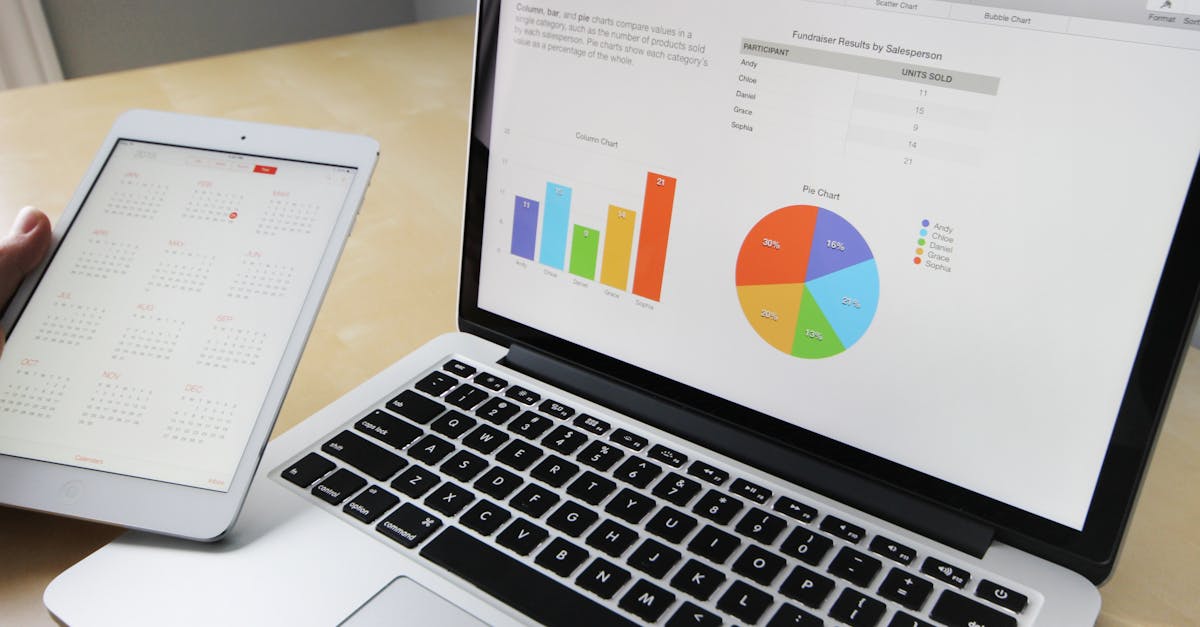Budget Planning For Sustainable Growth
Introduction
In today's fast-paced world, effective budget planning is crucial for sustainable growth. At its core, it involves creating a roadmap for financial stability and resources allocation. Understanding its significance can set the foundation for both individuals and organizations to achieve their long-term goals.
Advertisement
Understanding Budget Planning
Budget planning involves forecasting expenses, revenue, and financial objectives over a specified period. A well-structured budget acts as a financial guideline, ensuring that resources are allocated efficiently. By setting clear financial targets, individuals and businesses can assess their performance and adapt to changing circumstances.
Advertisement
Key Elements of Sustainable Growth
Sustainable growth prioritizes balancing economic growth with environmental and social well-being. It involves investing in projects that are economically viable and environmentally conscious. Incorporating sustainability into budget planning helps align financial goals with ethical and societal responsibilities.
Advertisement
The Role of Financial Analysis
Financial analysis is an essential tool in budget planning. By examining financial statements and performance indicators, analysts can identify trends and potential challenges. This information is vital for making informed decisions and ensuring that the budget aligns with long-term sustainable growth objectives.
Advertisement
Incorporating Technology in Planning
With advancements in technology, digital tools have revolutionized budget planning. Software applications provide analytics for tracking expenses, forecasting revenues, and managing assets. These tools not only enhance accuracy but also enable real-time monitoring and adjustments necessary for sustainable growth.
Advertisement
Aligning Budget with Corporate Strategy
Aligning the budget with an organization's strategic objectives is key for sustainable growth. A cohesive approach ensures that every financial decision supports broader goals such as expanding market reach or enhancing customer satisfaction. This alignment sets the stage for achieving measurable and impactful growth.
Advertisement
Risk Management in Budget Planning
Identifying and managing risks is vital for creating a resilient budget. Unforeseen circumstances, such as economic fluctuations or natural disasters, can disrupt financial plans. By anticipating potential risks and establishing contingency plans, businesses can mitigate these impacts and maintain sustainable growth.
Advertisement
Achieving Long-Term Financial Stability
Sustainable growth is synonymous with long-term financial stability. Effective budget planning ensures that resources are not overextended and that reserves are built for future needs. Organizations and individuals can prioritize investments that yield steady returns, thus securing their financial future.
Advertisement
Monitoring and Adapting the Budget
Ongoing monitoring and adapting the budget as circumstances evolve is crucial for growth. Regular assessments help to identify disparities in projections versus actuals, enabling timely interventions. An adaptable budget framework supports responsive decision-making, essential for navigating the dynamic economic landscape.
Advertisement
Conclusion
In summary, budget planning is a vital component of sustainable growth. By combining financial analysis, strategic alignment, and risk management, individuals and businesses can ensure long-term success. With a focus on sustainability, budget planning leads to responsible and prosperous growth for future generations.
Advertisement


